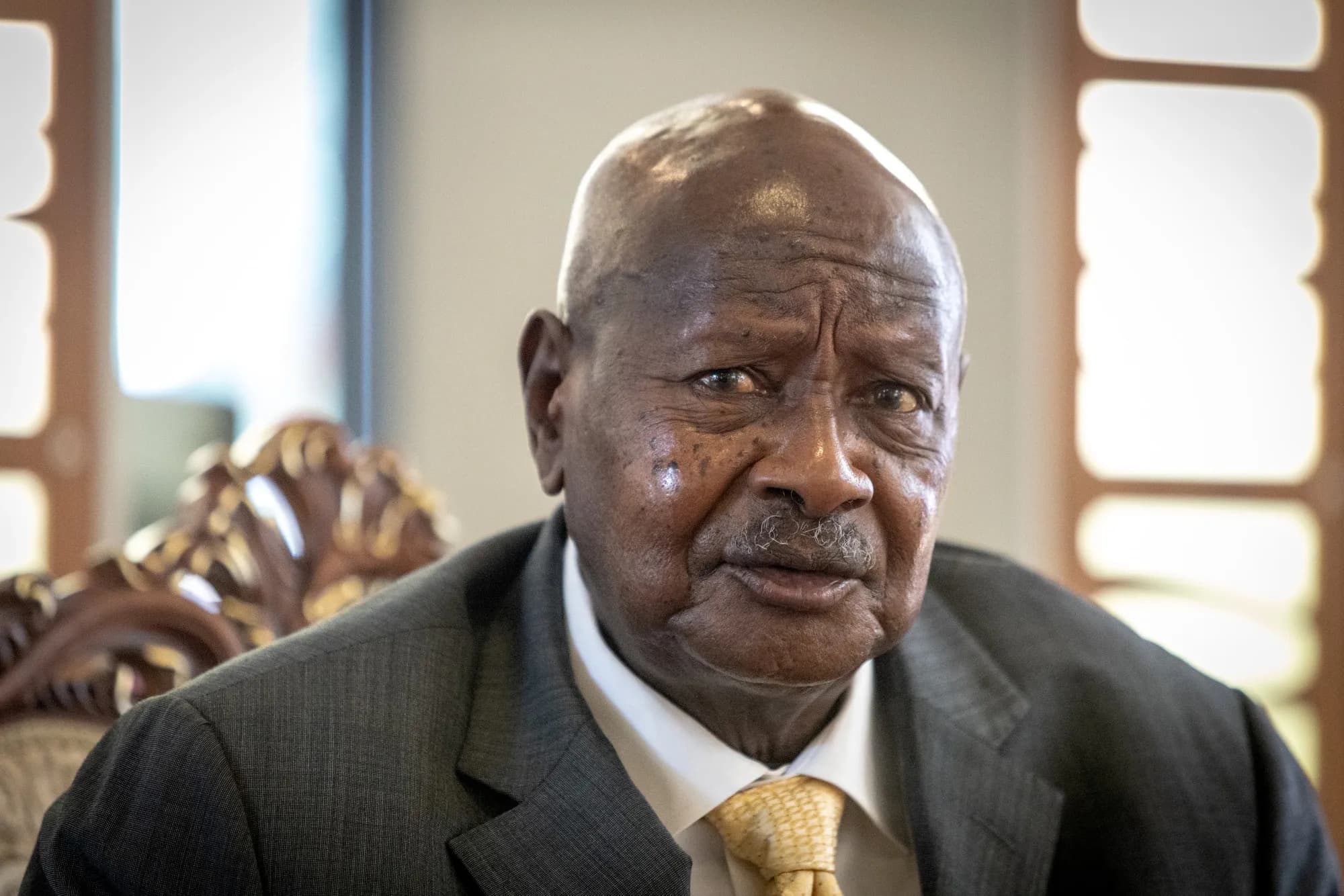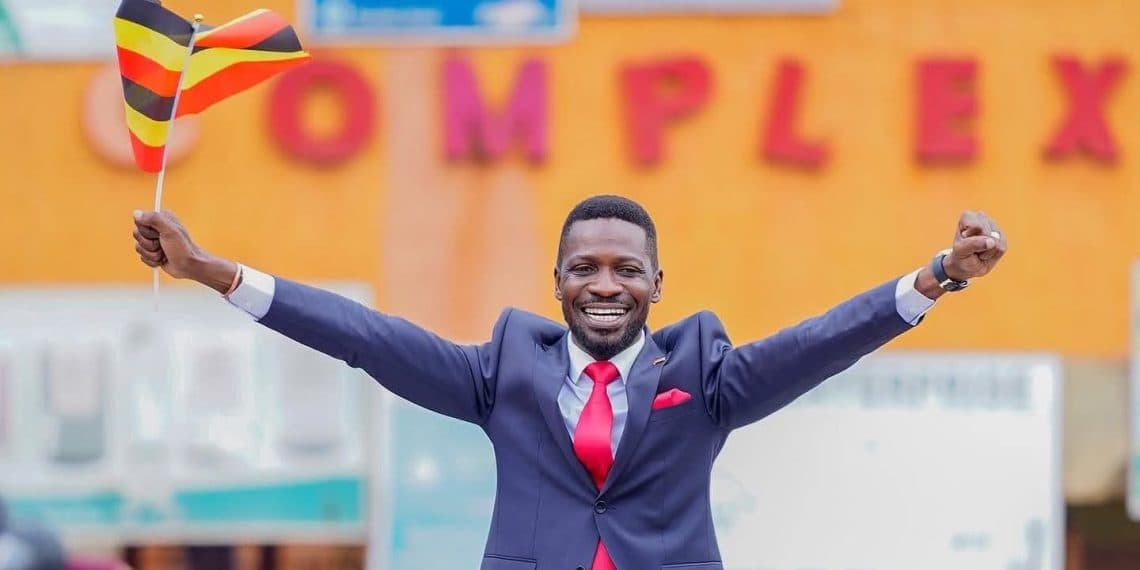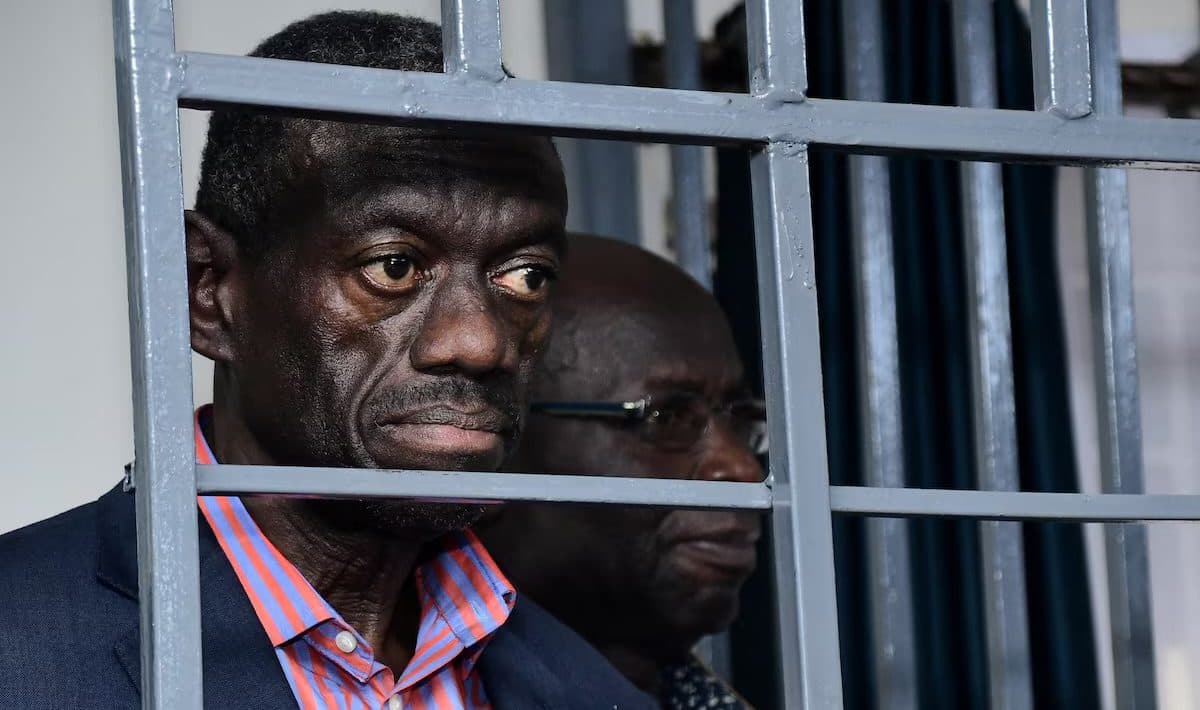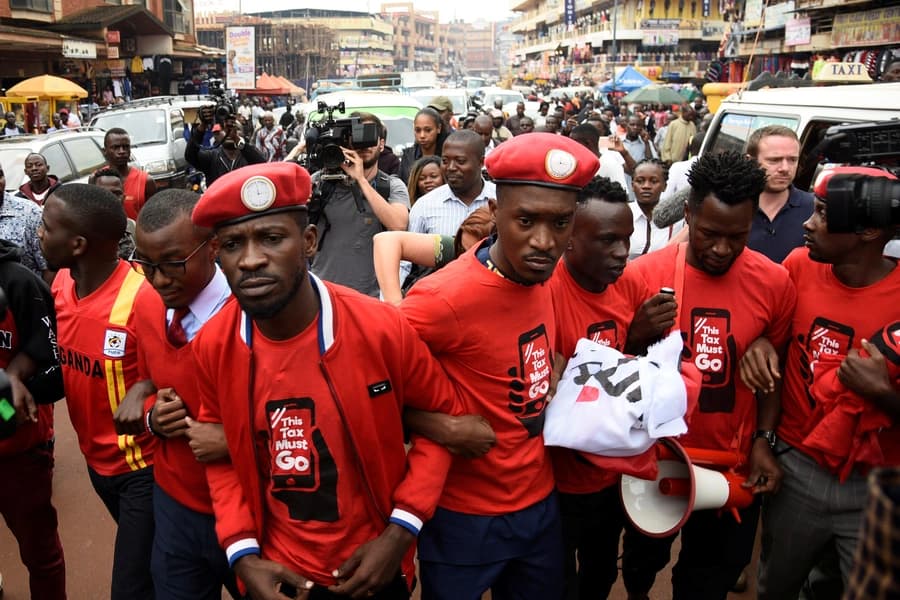Uganda on Edge: Museveni’s Long Rule Faces Renewed Challenge Ahead of 2026 Elections

Uganda’s political landscape in 2025 remains one of the most complex and tightly controlled in Africa, as the country prepares for another general election in early 2026. President Yoweri Museveni, who has been in power since 1986, has confirmed that he will seek a seventh term, extending his nearly four-decade rule. His continued dominance has sparked both admiration for stability and fierce criticism for authoritarianism, with opposition figures facing increasing restrictions and persecution.
Museveni’s chief challenger remains Robert Kyagulanyi, popularly known as Bobi Wine, leader of the National Unity Platform (NUP). The former musician-turned-politician has gained immense popularity among Uganda’s youth, representing a generation disillusioned by corruption, unemployment, and political repression. Bobi Wine has declared that he will again contest the presidency in 2026, though he has repeatedly warned that his safety and freedom are under threat. His rallies are often disrupted by police, and members of his party frequently face arrests and harassment.

Another notable figure is Dr. Kizza Besigye, a long-time opposition leader who has been detained multiple times over the years. Despite facing treason charges, Besigye has launched a new political front, the People’s Front for Freedom, and is advocating for a united opposition to avoid splitting votes. Many in the opposition hope to rally around a single candidate to challenge Museveni’s hold on power, though achieving unity remains difficult amid state pressure and internal divisions.
The political environment has become increasingly tense following the government’s decision to reinstate military courts’ authority to try civilians. The Uganda People’s Defence Forces Amendment Act, passed in 2025, has drawn widespread condemnation from human rights groups and legal experts, who argue it violates the constitution and enables the government to silence dissent under the guise of national security. The Supreme Court had previously ruled such trials unconstitutional, but the government maintains that the law is necessary to maintain order and national stability.
Corruption also remains a significant concern. Opposition leaders accuse Museveni’s government of mismanaging public funds, awarding lucrative contracts to loyalists, and neglecting essential services such as health and education. Critics argue that corruption has become institutionalized, eroding public trust and worsening inequality, while the government insists it is committed to reforms and transparency.

As the 2026 elections approach, fears about the fairness and transparency of the process are mounting. The Electoral Commission’s independence is frequently questioned, with allegations that it favors the ruling National Resistance Movement (NRM). Security forces have been accused of intimidating voters, dispersing opposition gatherings, and restricting media freedom. These practices, observers say, create an uneven playing field that makes genuine competition difficult.
Uganda’s political situation is further complicated by growing youth frustration. Over 70 percent of the population is under 30, and many young people feel excluded from governance. Economic hardship, unemployment, and limited political freedoms have fueled calls for change. Bobi Wine’s popularity among young voters underscores this generational divide, as his message of liberation and reform resonates strongly with urban and educated youth.

International observers and human rights organizations continue to express concern about shrinking democratic space in Uganda. Reports of arbitrary arrests, media censorship, and heavy-handed policing have drawn criticism from Western governments and regional bodies. However, Museveni retains strong influence across East Africa and remains a key ally in regional security matters, particularly in counterterrorism efforts in Somalia and the Great Lakes region.
As Uganda edges closer to the 2026 elections, the stakes could not be higher. The vote will likely determine whether the country continues under Museveni’s long-standing rule or experiences its first real transfer of power in nearly forty years. For now, the political temperature continues to rise, with both government and opposition preparing for what could be one of Uganda’s most contentious elections in history.
